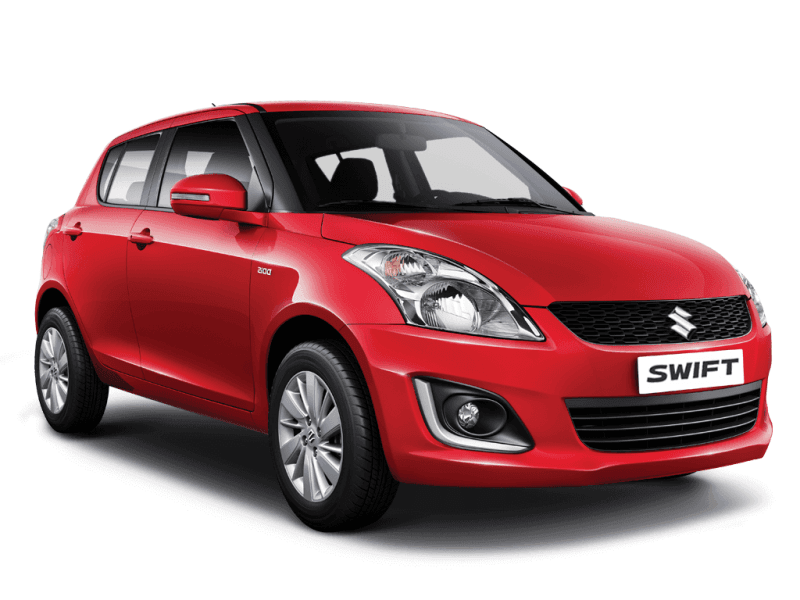
While India is reaching new heights every day and growing at a fast pace, there’s one area where we are heavily investing but still haven’t reached our potential – electric vehicle industry. There have been various initiatives by the Government of India to promote the of electric vehicles in India but a very few vehicle options available and the prices are not very attractive.
As far as four-wheelers are concerned there are only Mahindra E20, Toyota Prius, Toyota Camry Hybrid & BMW i8 which can be considered as proper electric or hybrid vehicles. Although, under FAME scheme we also have Maruti Suzuki CIAZ & Ertiga SHVS getting an incentive of 13,000.
The electric vehicles (EVs) sales have shown encouraging growth for the fiscal year 2015-16. The total EVs sales for the fiscal 2015-16 stood at 22,000 units (20,000 two wheelers & 2000 four-wheelers) as compared to 16,000 EVs sold during FY 2014-15. The sales reflect a 37.5% per cent jump over the last fiscal year.
Society of Manufacturers of Electric Vehicles (SMEV) has expressed happiness at the encouraging trend but has pointed out that the ambitious target of having 5-6 million electric vehicles by 2020 on Indian roads as visualized by the National Electric Mobility Mission Plan (NEMMP) 2020 as well as FAME (Faster Adoption and Manufacturing of Electric Vehicles) would be tough to achieve unless ground level infrastructural deficiencies were removed and credit facilities eased for buying green vehicles.
“We are quite delighted at the growing number, which reflects increased awareness among commuters and the fact that people are seeing a good value proposition in EVs,” said Mr Sohinder Gill, Director- Corporate Affairs, SMEV. Mr Gill, however, has drawn attention to the fact that base number of EVs in India remained low and governments at every level will need to do more to achieve the ambitious but desirable target of having 5-6 million EVs on Indian roads by 2020.
He added, “Intentions at policy level abound but government at every level, be it Centre, State or Municipal, now has to go the extra mile to facilitate mass migration to green mobility,” Lack of basic infrastructure facilities like charging stations and difficulties in availing credit from banks for purchase of EVs have been cited as chief bottlenecks to large scale migration to green mobility.
“SMEV has developed a technology for charging station and can easily set-up 1000 charging station across the city in a span of 3 months. One charging station costs around INR 30,000 which is very minimal to create an efficient charging infrastructure for EVs. The only thing we need is the government’s intention and support to create a wide and accessible network of charging stations at every convenient point – be it our local market or city roads. Additionally, the govt. should provide ease of credit at zero per cent or very low rate of interest on EVs. This will go a long way in ensuring the fulfilment of NEMMP 2020 target,” said Mr Gill.
[“source-ndtv”]





